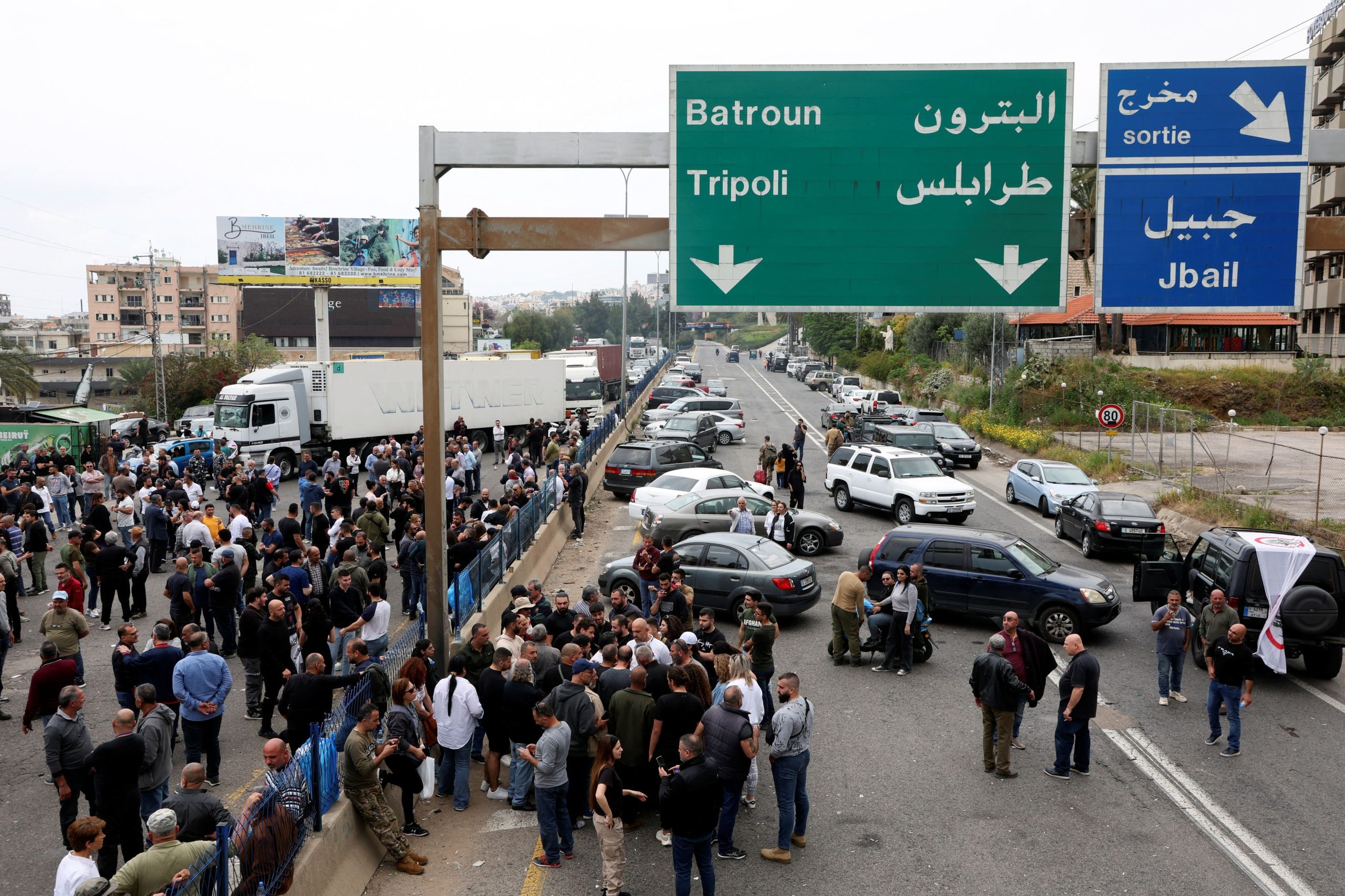The Syrian Ministry of Economy’s recent decision to ban the import of used cars has ignited widespread controversy, dividing public opinion between those who view it as a necessary measure to protect the economy and others who see it as a fresh blow to middle- and low-income Syrians already struggling with inflation and economic hardship.
The decision—formalised in Decree No. 462 and issued on Sunday, June 29—aims to regulate the local auto market and curb the influx of aging vehicles that consume foreign currency without adding value to the sector, according to ministry officials.
The decree allows the import of new vehicles, provided they are no older than two years, while banning used cars altogether. However, it makes exceptions for specific vehicle types: trucks, tractors, construction vehicles (less than ten years old), and passenger buses with 32 or more seats (less than four years old). Importers who purchased cars before the decree are also exempted, provided chassis numbers are registered with customs by July 6.
Backlash from Citizens and Observers
The decision has triggered mixed reactions across Syria. Supporters believe it was long overdue, arguing that the market had been flooded with dilapidated, reconditioned vehicles imported from markets like the UAE, Kuwait, and South Korea. They also highlight safety concerns, pointing to rising accidents caused by mechanical failures in aging vehicles.
Critics, however, accuse the government of serving elite business interests. Many fear the decision will lead to a sharp spike in car prices, further marginalising ordinary Syrians. “This is a decision for the rich, not the people,” one citizen commented on social media.
Journalist Hamza Khidr criticised the government for lacking a basic public transportation network, calling the move an “economic assault” on the poor. “Instead of helping people afford cars, they allow a few traders to profit while the public sinks deeper into poverty,” he wrote.
Others echoed this sentiment, warning that the ban would enrich import monopolies while making even the most modest used cars unaffordable for ordinary Syrians.
“A Dream Crushed”
Abdulrahman al-Sawah, a government employee from Homs, told Syria TV that the decision was a “shock.” For months, he had been saving for a small used car to ease his daily commute. “I make a million Syrian pounds a month. Even if I saved every lira, I could never afford a new car costing $15,000 to $20,000,” he said.
Sawah’s frustration reflects a broader sense of alienation. Many feel the policy was made without a realistic understanding of the public’s financial constraints. “Instead of regulating the market, they opted for the easiest path—total prohibition. Why not set a maximum age for imports, or implement strict quality checks?” he asked.
Since the announcement, prices for used cars on the local market have already started rising. “Dealers say prices won’t go up, but we all know better. This is the start of another round of hoarding and price manipulation,” Sawah added.
Government Responds
In comments to Syria TV, the Ministry of Economy defended the decision, citing the post-conflict influx of vehicles—especially through northern border crossings not previously subject to strict customs enforcement. Officials said many of these cars lacked proper specifications and imposed a burden on the country’s weak infrastructure.
According to the ministry, limiting imports to newer models will reduce maintenance costs, cut fuel consumption, and preserve foreign currency reserves.
Responding to claims that the decree serves major traders, the ministry said it had considered existing purchases in transit and allowed exemptions accordingly. “The decision was based on economic, not social or class-based, reasoning,” a ministry official said.
When asked whether the decision might be amended, the ministry said extending the implementation timeline would “undermine the measure’s effectiveness,” but added it would monitor the market’s response and remain open to adjustments based on public needs.
A Public Transport Vacuum
Critics argue that the decision is particularly harmful in a country with no reliable public transportation system. With more than 90% of the population living below the poverty line, many fear the decree will fuel public resentment and deepen inequality.
Some have proposed alternative solutions, such as setting a five-year limit on used car imports, allowing expatriates to bring personal vehicles, or launching a national car replacement programme with reduced fees and flexible terms.
But for now, many Syrians feel sidelined by a policy that appears, once again, to favour profit over public welfare. As one commentator put it: “The wealthy applaud the decision. The poor go back to dreaming.”
This article was translated and edited by The Syrian Observer. The Syrian Observer has not verified the content of this story. Responsibility for the information and views set out in this article lies entirely with the author.


